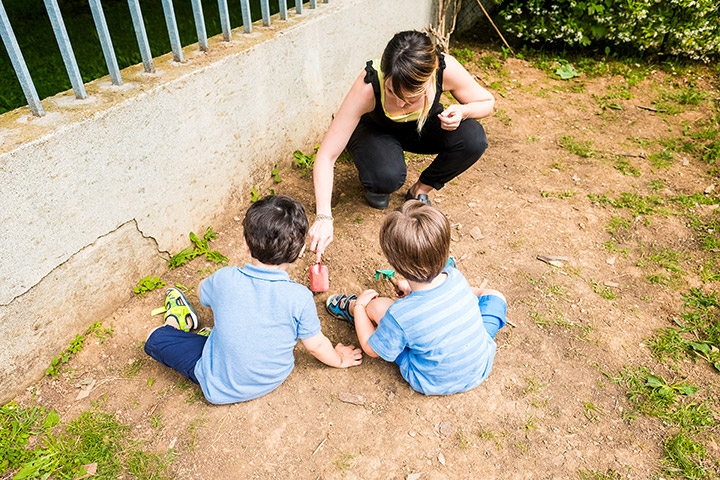The project
The educational project PRIMAVERA (SPRING) is based on the image of the child seen as competent, active, interactive, and unique.
This project is dedicated to children aged 24-36 months and it is part of a bigger project for children aged 0-6. It is characterized by care practices typical of our NIDO (nursery school) environments and joins them with active exploration and investigation of diversity and reality.
To respond to both these needs, the learning space is run by an early childhood teacher and a NIDO educator to promote continuity of care, security, and relationships between Gioiosa learning environments and facilitate the transitioning between Nido and Scuola d’infanzia.
The Primavera room has a maximum of 10 children to facilitate this transition.



